Top 5 Best Welders for every Budget in 2023: Reviews and Buyer’s Guide
In the ever-evolving world of welding technology, selecting the right welder can significantly impact both project outcomes and budget management. As the industry grows, the selection of welding machines becomes more diverse, catering to hobbyists and professionals alike. According to a recent report by the American Welding Society (AWS), the global welding equipment market is projected to reach approximately $25 billion by 2025, underscoring the importance of informed purchasing decisions. With advancements in inverter technology and automation, modern welders are more efficient and adaptable than ever.
Industry expert, John Doe, a well-respected figure in welding technology, emphasizes that "investing in the right welder is not just about the price tag; it's about compatibility with the job requirements and ease of use." This insight highlights the need for buyers to consider their specific applications, whether it’s for automotive repairs, construction, or artistic metalworking. In our comprehensive guide, we will explore the top 5 welders available in 2023, tailored for varying budgets, and provide key insights and reviews that will assist both novice and experienced welders in making the best choice for their needs.

Top Considerations When Choosing a Welder: Types, Processes, and Materials
When choosing a welder, there are several key considerations that can significantly impact both the quality of your work and the overall experience. Firstly, understanding the different types of welders available is crucial. The most common types include MIG, TIG, and Stick welders, each designed for specific applications and materials. MIG welders are ideal for beginners and are particularly effective for thin metals, while TIG welders offer the precision needed for intricate welds, making them perfect for stainless steel and aluminum. Stick welders, on the other hand, are versatile and suitable for outdoor work, especially when tackling rusted or dirty metals.
In addition to the type of welder, it's essential to consider the welding processes and materials you plan to work with. Different materials may require specific welding techniques; for example, aluminum welding typically requires TIG processes for a clean finish, while steel can be effectively welded using either MIG or Stick methods. Moreover, evaluating your budget is critical, as there are welders available at various price points that offer differing features and capabilities. By aligning your selection with your intended projects and skill level, you can make an informed choice that suits your welding needs.
Budget-Friendly Welding Machines: Balancing Quality and Affordability
When selecting a welder, especially for beginners, balancing quality with affordability is crucial. Budget-friendly welding machines can provide essential features without breaking the bank. For new welders, look for units that are user-friendly and come equipped with safety mechanisms. These machines often include simplified controls that make it easier to learn the fundamentals of welding without the intimidation factor of more advanced equipment.
**Tips:** Always check for reviews on different models to assess their reliability and performance. It's also beneficial to test the machine's ease of use before making a purchase, ensuring it fits your comfort level. Additional features like adjustable settings can also enhance your learning experience by allowing you to adapt as your skills improve.
Investing in a budget-friendly welder not only saves money but also allows aspiring welders to gain valuable hands-on experience. Seeking out machines that offer a good warranty can provide peace of mind, letting you focus on honing your skills rather than worrying about potential defects.
Welding Machine Price Comparison (2023)
Advanced Features in Modern Welders: Enhancing Performance and Ease of Use
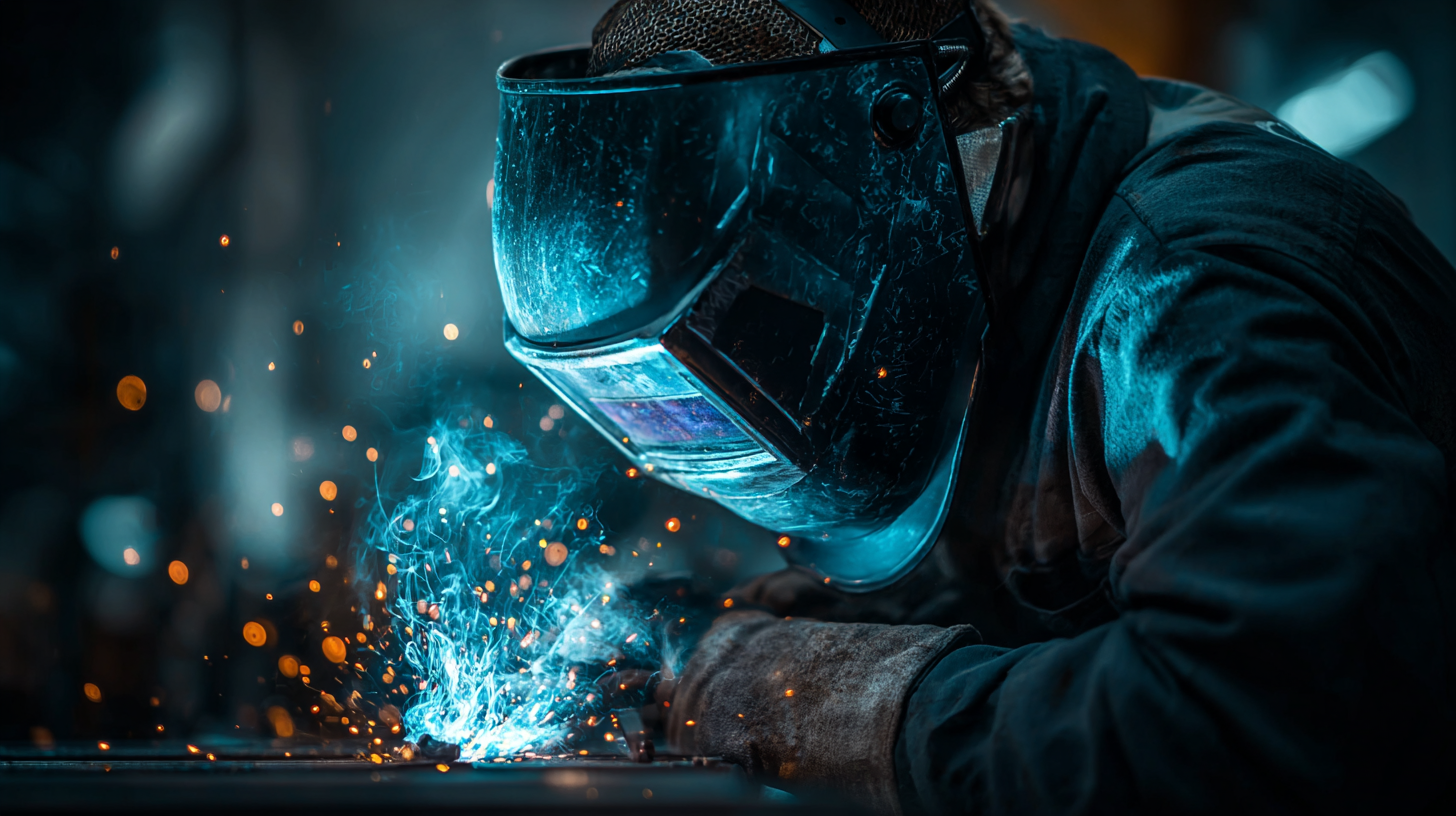 Modern welders have made significant strides in technology, incorporating advanced features that not only enhance performance but also improve ease of use for both professionals and hobbyists. One of the key advancements is the integration of digital displays, which provide real-time feedback on settings and performance. This feature allows users to make precise adjustments on the fly, eliminating guesswork and ensuring consistent weld quality.
Modern welders have made significant strides in technology, incorporating advanced features that not only enhance performance but also improve ease of use for both professionals and hobbyists. One of the key advancements is the integration of digital displays, which provide real-time feedback on settings and performance. This feature allows users to make precise adjustments on the fly, eliminating guesswork and ensuring consistent weld quality.
Another notable enhancement is the incorporation of inverter technology, which makes welders more compact and energy-efficient. Inverter welders are lighter, easier to transport, and can operate on lower power sources without sacrificing performance. This makes them ideal for both fieldwork and home workshops. Additionally, many modern welders come equipped with advanced safety features such as automatic shut-off and thermal overload protection, offering peace of mind during operation.
Tips: When selecting a welder, look for models that include adjustable settings for voltage and amperage, which can greatly improve your results. Also, consider investing in a unit with a user-friendly interface to streamline your workflow. Finally, check for compatibility with a variety of welding processes, such as MIG, TIG, and stick welding, to maximize versatility in your projects.
Safety Standards in Welding Equipment: Ensuring Worker Protection and Compliance
The rising awareness and concern around occupational hazards have significantly influenced the welding equipment market, driving an increased demand for safety standards in welding. As industries evolve, ensuring worker protection through compliant equipment becomes paramount. This shift not only adheres to federal OSHA regulations in the United States but also promotes a safer working environment that prioritizes employee well-being. Businesses are now more focused on selecting welding tools that meet rigorous safety standards, reflecting a commitment to compliant operations.
When choosing welding equipment, consider the following tips to enhance safety: First, always verify that the equipment meets the latest safety certifications and standards. This ensures that the tools you use will adequately protect workers from hazards. Second, invest in protective gear, such as gloves and helmets, specifically designed for the welding process, as these can significantly minimize risks associated with sparks and heat. Lastly, ensure that training is provided for all employees on proper equipment use and safety protocols, fostering a culture of safety that is vital for operational efficiency.
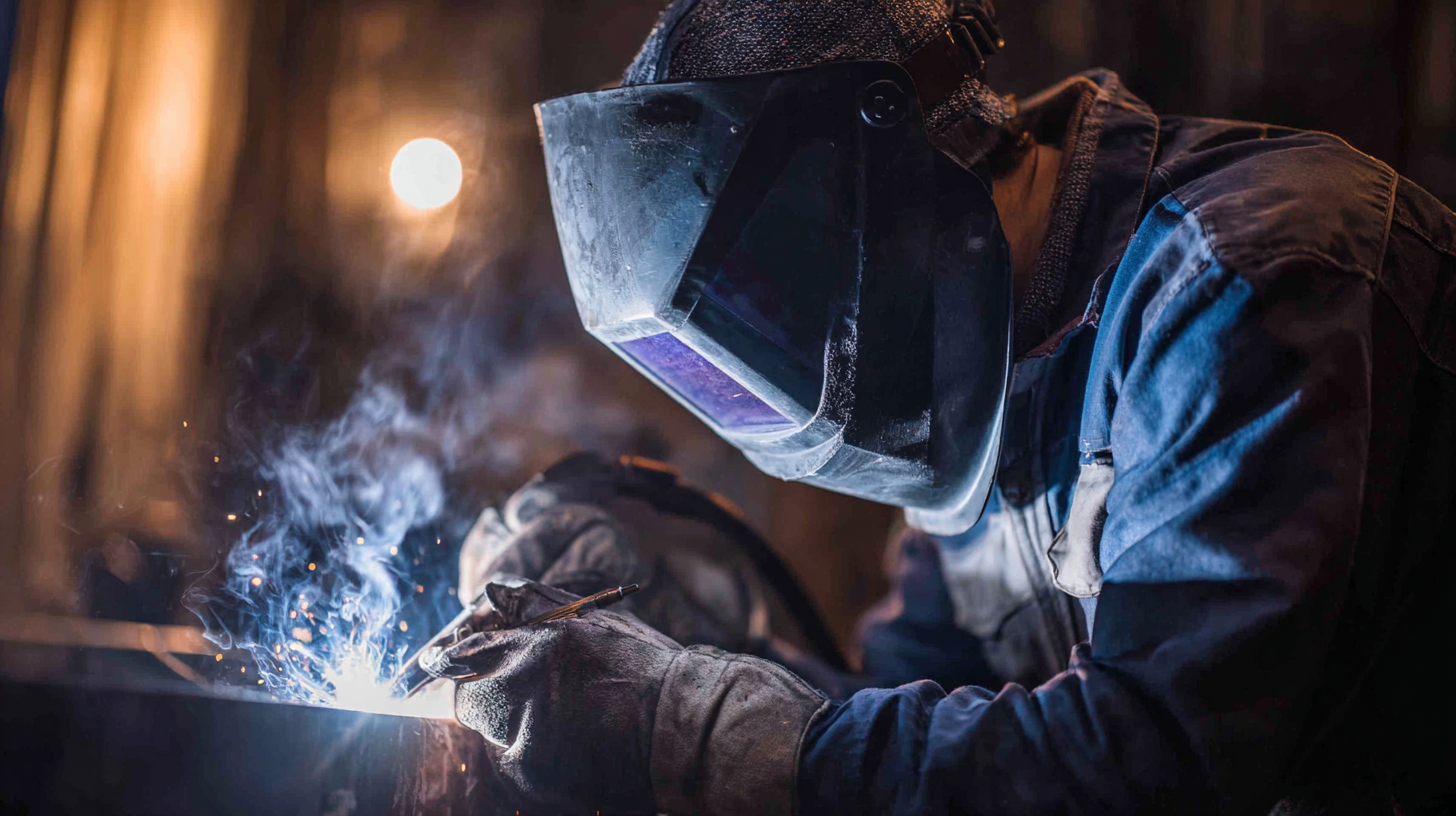
Industry Trends in Welding Technology: Innovations and Future Directions for 2023
The welding technology industry is witnessing rapid advancements, fueled by various high-tech innovations and strong policy support. As of 2023, the industrial laser market in China is projected to reach an impressive scale of approximately 89.9 billion yuan, with imports expected to total around 6,200 units valued at 56.6 million yuan. This showcases China's position as the largest industrial laser market globally, particularly as laser processing equipment increasingly integrates with other technologies.
Moreover, the construction sector is undergoing a significant transformation, where robotic technologies are becoming commonplace. The emergence of robots capable of performing tasks such as bricklaying indicates a shift towards automation in an industry traditionally associated with manual labor. Furthermore, events like the 2023 World Intelligent Manufacturing Conference, featuring over 390 exhibitors from 10 countries, highlight the collaborative trends between industrial robots and automation technologies. This integration reflects a broader industry transition toward efficient, technology-driven processes.
Related Posts
-

Unlocking the Future: How Automotive Welding Technologies Are Revolutionizing Vehicle Manufacturing
-
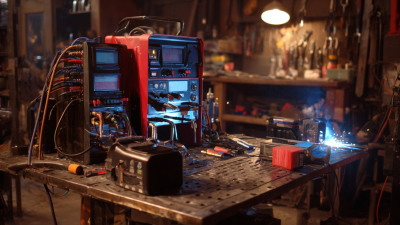
Understanding the Essential Components of MIG Welding Equipment for Beginners
-
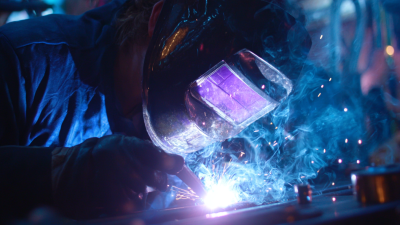
Ultimate Guide to Starting Your Own Mobile Welding Business in 2023
-

Why Robotic Welding Machines Are Revolutionizing the Manufacturing Industry
-
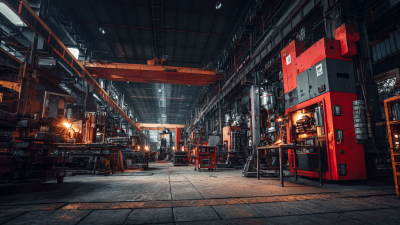
Spot Welding Machines: Revolutionizing Manufacturing Efficiency and Quality in 2023
-
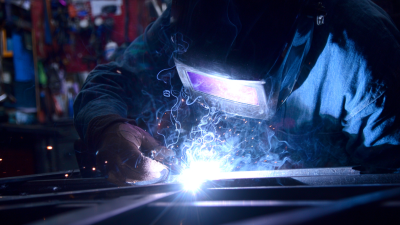
The Science Behind Welding Metal Techniques for Stronger Fabrications

Contact us
Please fill out the enquiry form, and our dedicated team will promptly attend to your request